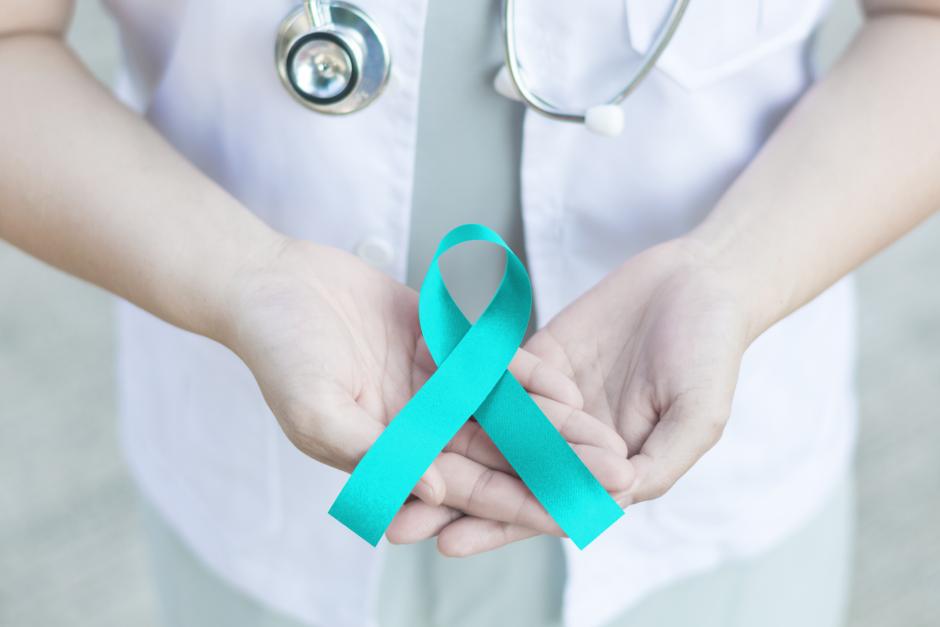Sexual Assault
April is Sexual Assault Awareness Month. Sexual Violence happens in every community and affects people of all genders and ages. Approximately 1 in 5 women are victims of sexual assault in college and 1 in sixteen men have been victims of an attempt or complete assault. The impacts of sexual violence affect individuals, families, communities, and society as a whole. But prevention is possible.
Sexual violence is any type of unwanted sexual contact. This can include words and actions of a sexual nature against a person’s will and without their consent. Consent is voluntary, mutual, and can be withdrawn at any time. Reasons someone might not consent include fear, age, illness, disability, and/or influence of alcohol or other drugs. A person may use force, threats, manipulation, or coercion to commit sexual violence, including children, teens, adults, and elders. Those who sexually abuse can be acquaintances, family members, trusted individuals, or strangers. Forms of sexual violence can include:
- Rape or sexual assault
- Child sexual assault and incest
- Sexual assault by a person’s spouse or partner
- Unwanted sexual contact/touching
- Sexual harassment
- Sexual exploitation and trafficking
- Exposing one’s genitals or naked body to others without consent
- Masturbating in public
- Watching someone in private acts without their knowledge or permission
Often times, sexual assault can occur between individuals within a relationship. Dating and being in a relationship feels good when people treat each other with respect. But dating relationships can become abusive. Find out what makes a dating relationship abusive or unhealthy and what you can do about it.
Recognize different type of abuse and violence
Abuse can take many forms, including:
- Physical abuse such as hitting
- Sexual abuse such as forcing someone to have sex
- Emotional abuse such as putting the person down or trying to control the person’s actions
Any abuse is bad. There is no such thing as “deserving it” or
“asking for it”
Both women and men can be the victims of violent relationships.
Conflicts are okay. Violence is never okay. Sometimes couples
have disagreements and arguments. That’s okay and is a normal
part of relationships. But if your arguments turn hurtful or
violent, your relationship might be abusive.
How do you know if a relationship is abusive?
Does your partner:
- Act very jealous or possessive?
- Try to keep you from having other friends?
- Tell you what you can and can’t wear?
- Put you down or say things to purposefully hurt your feelings?
- Pressure you for sex?
- Pressure you to use alcohol or other drugs?
- Make you call and check in constantly or check to see who called you?
- Hit, push, kick, or otherwise physically hurt you?
- Not respect your thoughts or beliefs, bosses you around or calls you names?
- Threaten to hurt you or your family, friends or a pet, destroy your things or take your children?
- Threatens to leave you or threaten to commit suicide if you leave them?
Abuse is NEVER the victim’s fault.
People stay in abusive relationships for many reasons.
- They may be afraid to leave
- They may feel pressure from friends or family
- They may think the person will change.
Sometimes, when you are being abused, it’s hard to see a way out.
How can you help? What can you do?
If you think a friend is being abused, offer support.
- Tell your friend what you see and that you’d like to help. Offer to be there as a support person.
- Don’t take it personally if the person is angry with you or doesn’t want your help. People who are being abused are often very afraid.
- Tell another person – a trusted friend, relative, teacher, nurse or counselor.
If you are in an abusive relationship or are afraid your relationship might turn abusive: TAKE ACTION NOW! LBCC’s Student Health Services can help.
- We are located at both the LAC and PCC campuses.
- Call (562) 938-3987 to speak with a mental health clinician or walk-in to one of our Student Health Offices at LAC, A-1010 or PCC, GG-117.
- We are open Monday through Thursday from 8:00 - 5:00 pm and on Friday from 8:00 am – 12:00 PM.
- After hours, you can contact a 24-hour crisis line like the Domestic Violence Hotline at (800) 799-SAFE (7233) and ask to talk with a victim advocate or counselor or to locate a crisis center near you.
Everyone deserves a safe and healthy relationship!

